There is no dearth of separate studies on Gandhi, Nehru and J.P., the three leading political leaders and thinkers of Modern India. However, most of them are either adulatory or derogatory. There is hardly any book which offers a balanced and critical view of all the three leaders under one cover and in a comparative perspective, in the context of their objective of establishing a just economic, social and political order in India. This book is a pioneering effort in that direction.
Generally speaking, scholars as well as political commentators have assumed that Nehru was as opposed to Gandhi s thinking as J.P. was to both Gandhi s and Nehru s. Rejecting this simplistic view of the ideological positions of the three leaders, this book takes a fresh look at them and examines them in a comparative perspective. As a result, the three leaders appear neither as rivals nor as ideologically opposed, but as complementary to each other.
The book has a separate chapter on each of the three leaders. Chapter one traces the emergence of Gandhi as a political leader and discusses the distinctive characteristics of his style of leadership. Chapter two analyses the evolution of Nehru s political ideas, based on a combination of Gandhian and Marxist ideas. Chapter three seeks to analyse the evolution of J.P. s ideas based on a similar combination of Gandhian and Marxist ideologies and culminating in his concept of Total Revolution.
Finally, chapter four seeks to highlight the common points in the political legacies left by the three leaders and points out that they can serve as the ideological foundations of a New India based on the principles of egalitarianism and social justice. It is, however, another matter that India has actually been moving in another direction.

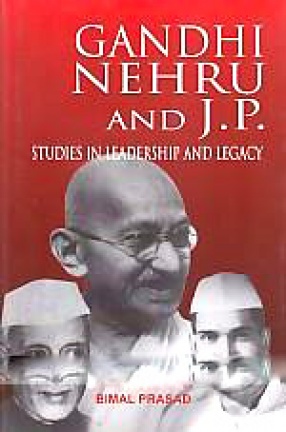
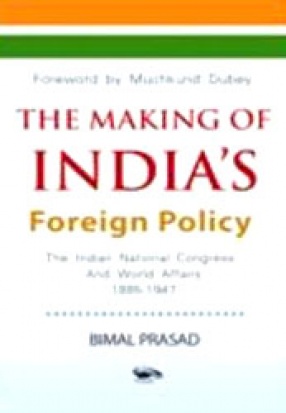


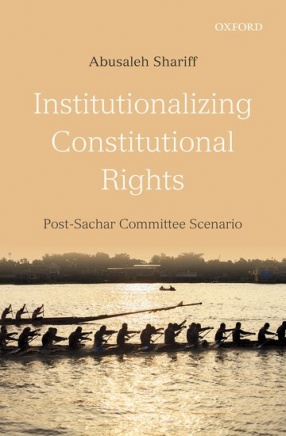
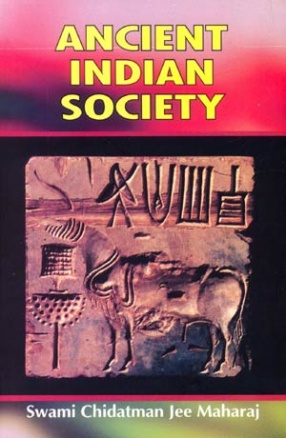
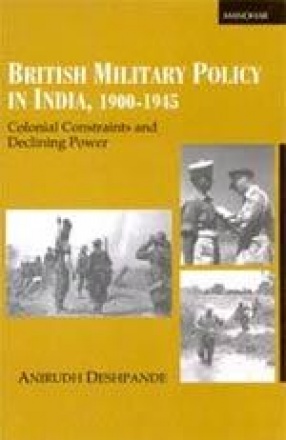
There are no reviews yet.